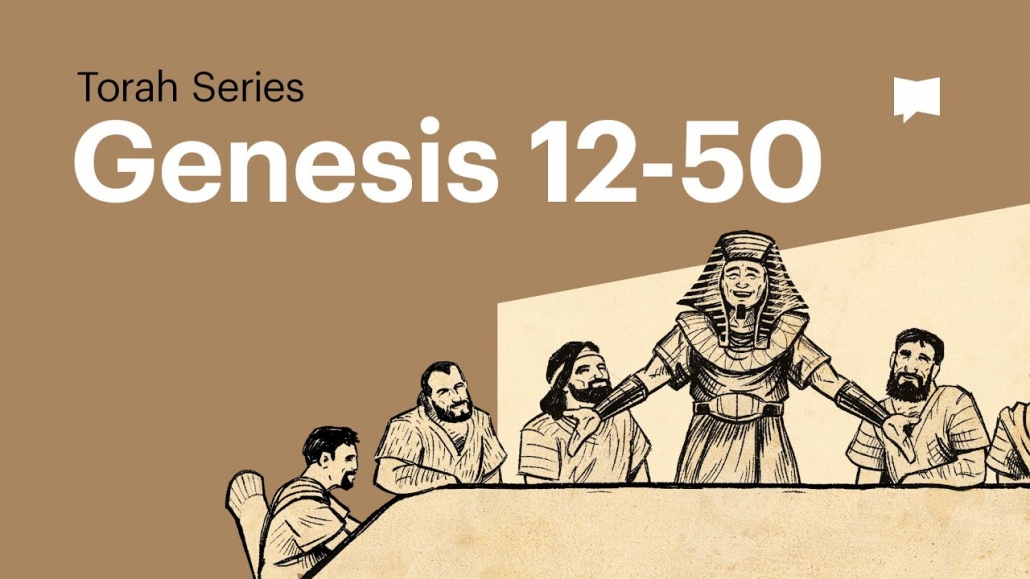
Use this devo as you are able, in whole or in part. Don’t feel compelled to read it all. Simply read and meditate upon whatever catches your attention. The goal is enjoying time with God through His Word and in prayer. Questions about the devotional elements?
Call to Prayer
Because of the Lord’s great love we are not consumed, for his compassions never fail. They are new every morning; great is your faithfulness. (Lamentations 3:22-23)
Prayer of Confession
Confession is formative. It trains us to recognize the ways our hearts have become de-formed and how Christ is at work bringing redemption in our lives. Pray with this in mind.
O Lord, we want to enter your presence, awed by your majesty, greatness, and glory, yet encouraged by your love. Yet there is a coldness in our hearts, a hardness toward you, an unwillingness to admit our sin and need for you.
Forgive us, for Jesus’ sake. Come near and strengthen us until Christ reigns supreme within us, in every thought, word, and deed. Give us a faith that purifies the heart, overcomes the world, works by love, fastens us to you, and always clings to the cross. In Jesus’ name, Amen.
Take a moment to confess your sins, knowing that he hears you.
Reading Plan
This reading plan will help you to develop the habit of being in God’s Word each morning and evening. Come to this time with expectation. Expect God to reveal himself to you. Expect that he delights in you being there, even when you’ve wandered away. Growing a spiritual habit is a slow, patient process. So be kind to yourself as you grow!
Readings are hyperlinked. Simply hover over the passage or click Morning/Evening Reading (email version).
Morning Readings:
Pray Psalm 86 | Read Acts 23
- Praying the Psalms: Read slowly. Take note of words and phrases. Bring them before the Lord in prayer and personalize the passage as you pray.
- NT Context: The story of Jesus doesn’t end with Jesus. It continues in the lives of those who believe in him. The supernatural does not stop with Jesus. Acts makes it clear that these Christians Luke wrote about were no more spectators of Jesus than Jesus was a spectator of God—they are in on the action of God, God acting in them, God living in them. Which also means, of course, in us.
Meditate on the passage, noting a few words or a phrase that stood out. Take them to God in prayer.
Evening Readings:
Pray Psalm 87 | Read Leviticus 23
- OT Context: “Holy” is the word that sets God apart and above our attempts to enlist him in our wish-fulfillment. The first thing that strikes us as we read Leviticus in this light is that this holy God is actually present with us and virtually every detail of our lives is affected by the presence of this holy God; nothing in us, our relationships, or environment is left out. The second thing is that God provides a way (the sacrifices and feasts and Sabbaths) to bring everything in and about us into his holy presence, transformed in the fiery blaze of the holy. Reflect on the passage. Who was the original audience, and what was their situation? How is that relevant to you today?
Sermon Devo
We are currently in between major sermon series, so our devotional for the next few weeks will be PREVIEW of what the Men and Women at OPC|Milford will be reading and discussing this Winter: Genesis 12-50 (Women’s Groups + Revelation (Men’s Groups)
Read: Genesis 22, 25-27
In chapters 1-11, the book of Genesis recounts God’s good world and humanity’s repeated rebellion. How will God restore blessing to the world? We find the answer in the family of Abraham.
God makes a covenant with Abraham, saying that all the nations will be blessed through his family. The rest of the book of Genesis traces this story through four generations. In each generation we see human failure paired with God’s commitment to rescue and bless. As the story of Joseph summarizes at the end, “You planned this for evil, but God planned it for good, to save many lives” (Gen 50:20).
As the book of Genesis closes, we see a promise of a king through the line of Judah who will be king over the nations and will restore blessing to the world (Gen 49:8-13). It’s this promise that will find its fulfillment in Israel’s Messiah.
Here’s a quick summary of each of the four generations:
Abraham
God promises to bless and multiply Abraham’s family to be a blessing. Abraham fails along the way but learns to trust God’s promise.
The above summary is from The Bible Project. Below is a video that does a great job summarizing Genesis 12-50 (click image):
Evening Prayer of Examen
- Where did you move with or feel close to Jesus today?
- Where did you resist or feel far from Jesus today?
- Where is Jesus leading you tomorrow? Ask for joy as you follow him.
Benediction
Yes, my soul, find rest in God; my hope comes from him. Truly he is my rock and my salvation; he is my fortress, I will not be shaken. (Psalm 62:5-6)

